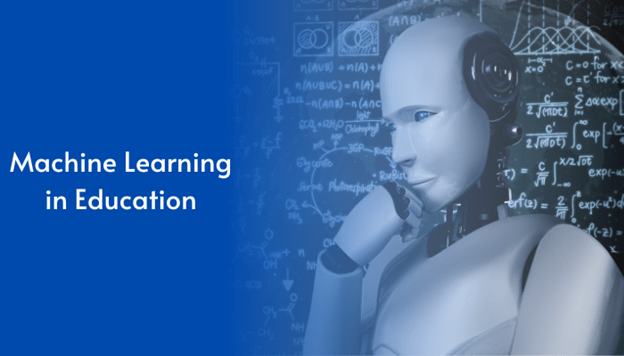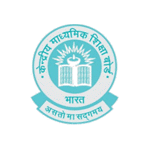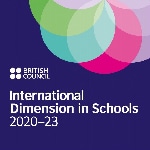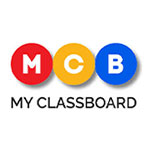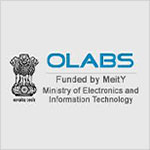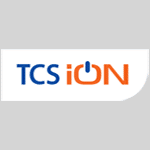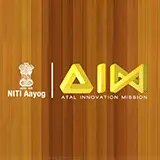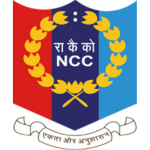Old-school instructors are facing difficulty adjusting to machines that can think and learn. Trying to convince them that machine learning would change education frequently can be a difficult task. They will, however, have to accept this current reality at some point.
Considering the newest technological breakthroughs permeating all facets of life, notably education, there are still many places where certain instructors and educational institutions use antiquated techniques and technology. On the other hand, Organizations who have employed Machine Learning in their educational procedures, have nearly uniformly highlighted the success this technology has given them.
To discover how and why, let's look at what machine learning is and the benefits of machine learning in the educational field.
What is Machine Learning (ML)?
Machine learning (ML) is among those phrases that almost everyone has encountered but may be unsure how to define. One of the uses of artificial intelligence technologies is machine learning (ML).
Machine Learning involves the capacity to employ data analysis programs to learn and build on previously acquired information. Based on "knowledge" gathered through processing (training) datasets relating to certain activities, solutions based on Machine learning algorithms may make judgments without human interference.
The use of Machine Learning in Education
1.Adaptive Learning
The first use of machine learning in education is flexible and customized learning, which implies that educational approaches are adjusted to the student's requirements and skills rather than being lumped together. The system will determine if the student is having difficulty with the content or if the material is too simple for them — both modifications may be made at an early point to avoid performance concerns.
Adaptive learning can be incorporated into a classroom supplement or used as a distinct schooling institution. It can also assist in detecting tiny aspects in class, such as obsolete material or an unequal allocation of the teacher's attention.
2.Personalized Learning
Personalized learning continues to be one of the finest and most beneficial machine learning practices in the education industry today. Unless it was yet another private instruction, it was practically challenging to organize and alter learning resources to meet each student in a class prior to the advent of ML applications.
There is now the option of a more tailored strategy that enables students to follow the content at their personal pace or perhaps even determine their own curriculum advancement and preferences throughout the onboarding process or certification training.
3.Predictive Analytics
Machine learning, in the manner of predictive analytics, may draw predictions about what could transpire in the future. For example, utilizing a collection of accumulated data from middle schoolers, predictive modeling can tell us which ones are much more susceptible to dropping out due to academic performance or even their predicted score on a standardized exam, such as the ACT or SAT.
Following are a few of the most essential insights educators may acquire from employing machine learning in their work:
- Who is more likely to perform well or poor in the exams?
- How to enhance class engagement?
- How many students will pass forthcoming exams? And more
4.Increased Efficiency
Machine Learning (ML) in the form of AI (Artificial Intelligence), has the ability to make instructors more productive by automating processes like scheduling, classroom management and many more, making it easy for instructors to be focused on duties that AI can’t perform or may require a human touch.
Providing more free time in instructor’s schedule to perform more innovative educational works not only solves possible productive issues but also benefit instructor’s wellbeing as they dedicate their time to more purposeful duties, which allows instructor to engage with their audience more deeply, and students to become even more interested and engaging in the process.
5.Learning Analytics
Machine learning, in the form of learning analytics, may assist instructors in generating insights into information that the human mind cannot. Computers may undertake deeper dive into information in this capacity, combing through millions of bits of material and establishing correlations and conclusions that benefit the process of instruction and learning. In simple words, we can just tell that Machine Learning is just a real life-saver when it comes to evaluating and gathering such large amounts of data.
As a consequence, machine learning helps us to get insights on useful patterns that we wouldn't be able to identify using our minds. These insights may be utilized for a variety of objectives, including gaining a greater understanding of educational specifics, optimizing underlying procedures, and measuring absolute and comparable performance metrics.
6.Evaluating Assessments
Machine learning, as a significant AI field, may assist instructors and systems in grading assignments faster, more precisely, and even more impartially than a person could by removing flaws that, alas, even the best teachers have.
By no circumstances is artificial intelligence a replacement for a human teacher, but it may supplement their work by handling repetitive aspects of the job. Human input is still required for assessment evaluation; however, to decrease effort, an unique tool analyses different forms of written tasks using advanced scoring processes.
Though being a successful concept, machine learning (ML) in education and research still faces a few hurdles on its way to full adoption. Among a few challenges, data privacy is one of the most obvious real sticking issues.
As Machine Learning (ML) employs a variety of methods to collect and analyze sensitive information on students and instructors, there are legitimate worries about its safety. It's reasonable to state that ML school approaches still need additional study to secure the greatest standards of data security. The same is true of forecast accuracy. While stats and algorithms can greatly aid in data gathering and pattern detection, they are not a definitive description or a 100% accurate mirror of real-world circumstances, no matter how rational they may appear.
In school education, Vikas talks in the voice of tomorrow. We have established a learning atmosphere in which kids look forward to coming every day. To promote students' 'holistic development,' our educational framework employs some of the world's finest learning and teaching approaches. We fully recognize that there are several learning styles, and that learning must be tailored to the child's manner. "Every kid is creative and distinctive" - With this in mind, we give several possibilities for them to explore their abilities. Vikas The Concept School continues to motivate pupils, resulting in the highest possible participation in all events. Do contact us to know more info about academics and facilities.

